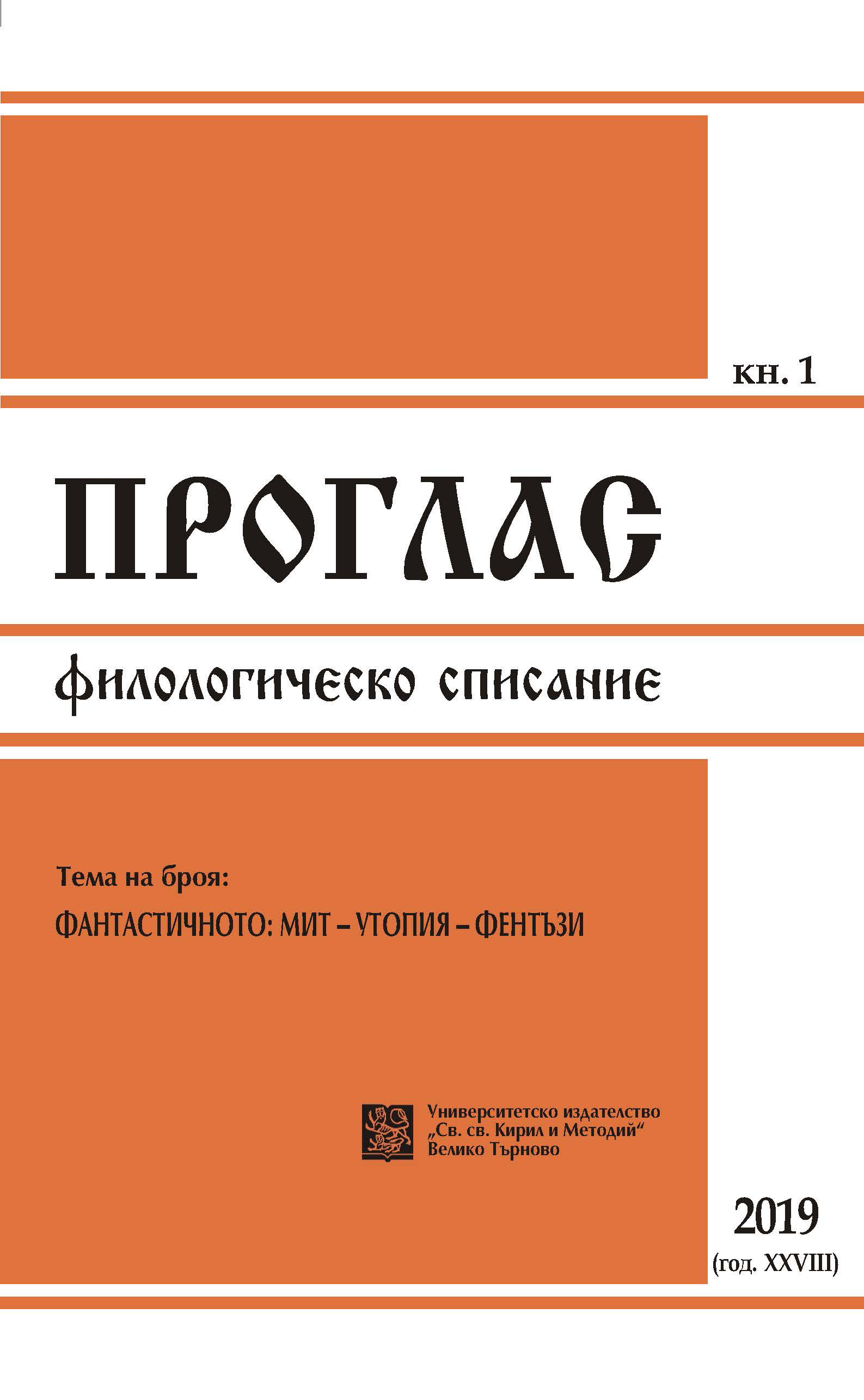
We kindly inform you that, as long as the subject affiliation of our 300.000+ articles is in progress, you might get unsufficient or no results on your third level or second level search. In this case, please broaden your search criteria.

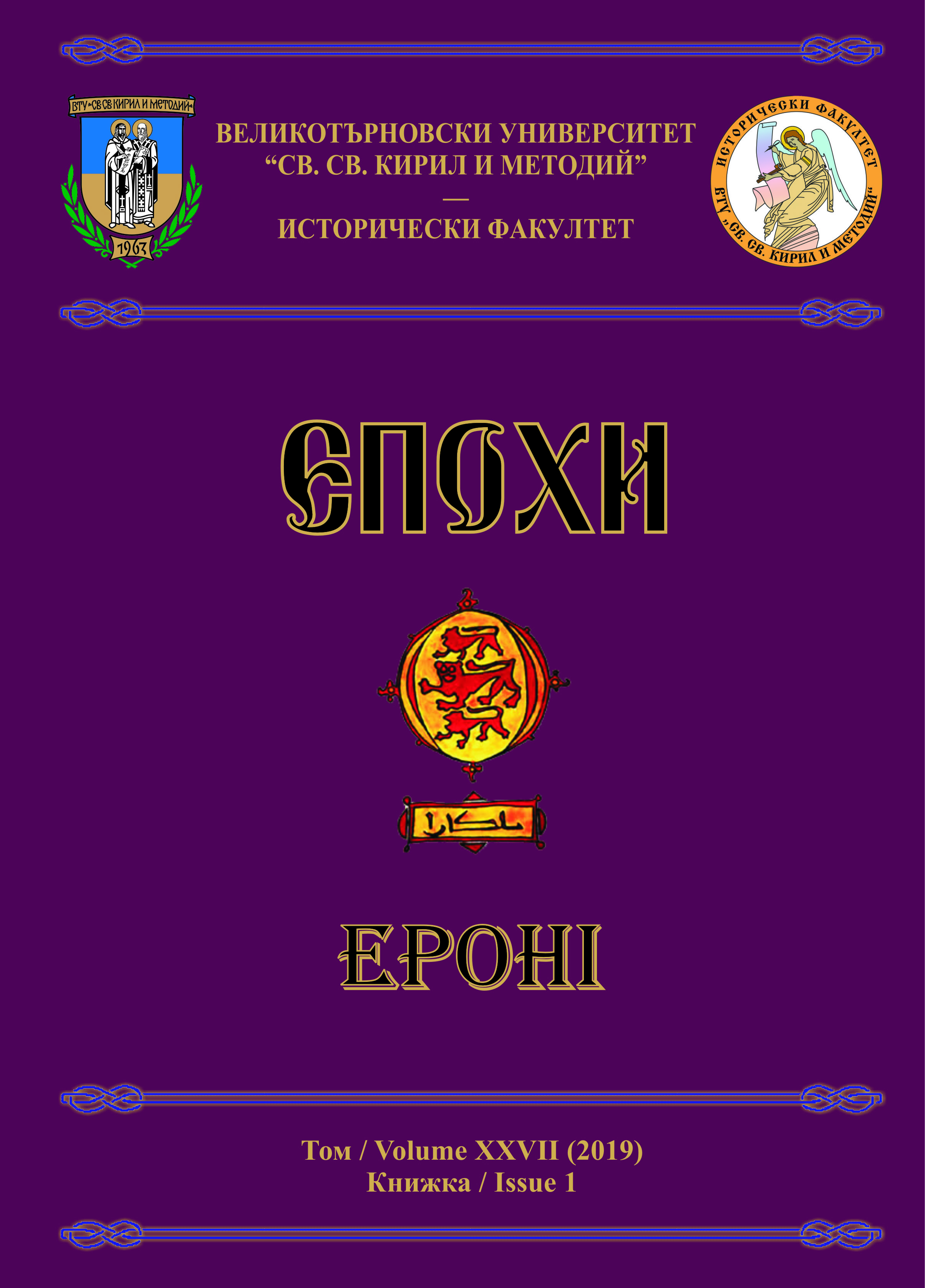
The article is dedicated to the 25th anniversary of the journal “Epochs” and to the published in it ethnological researches.
More...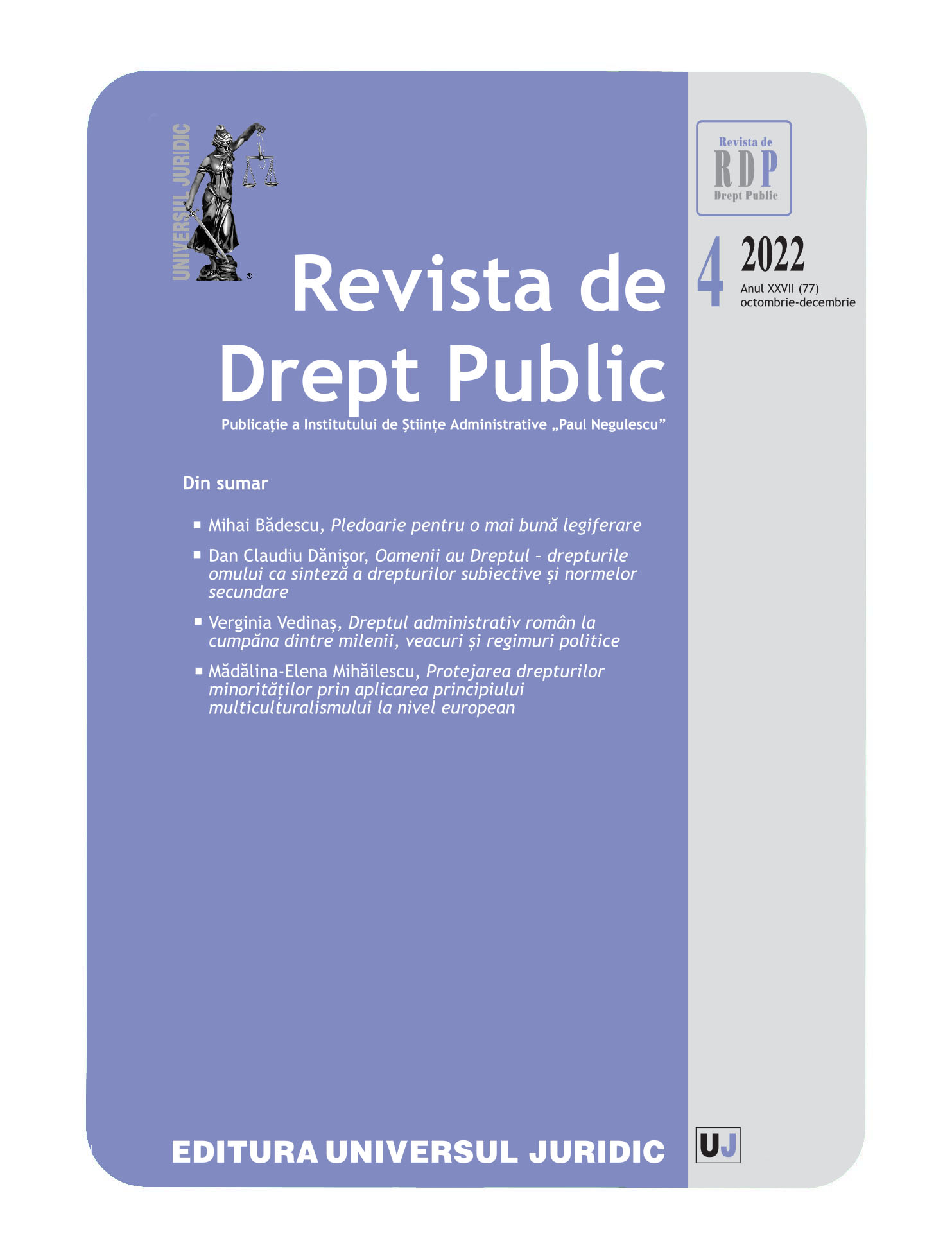
În zilele de 6-7 octombrie 2022, am avut bucuria să ne aflăm în Oradea și să sărbătorim, alături de reprezentanți ai lumii academice de la zece facultăți din România și opt facultăți din străinătate, un eveniment deosebit: 30 de ani de la reluarea învățământului superior juridic în Oradea. Facultatea de Drept din Oradea, condusă în prezent de un dascăl deosebit, domnul conf. univ. dr. Cristian Miheș, are deja trei decenii de viață și, mai ales, trei decenii de împliniri de suișuri care nu au fost întotdeauna ușoare, dar care au fost depășite prin dârzenia unui corp profesoral atașat unor valori academice autentice. În ziua de 7 octombrie s-a derulat sesiunea de comunicare științifică grupată pe mai multe secțiuni: dreptul privat, dreptul public, dreptul familiei, dreptul muncii și dreptul penal, inclusiv o secțiune consacrată doctoranzilor și masteranzilor.
More...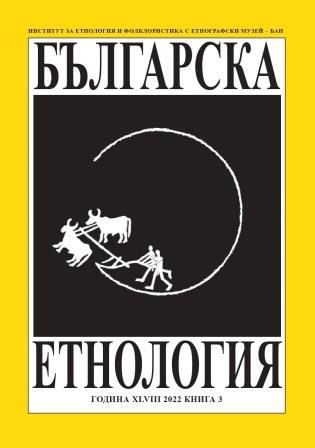
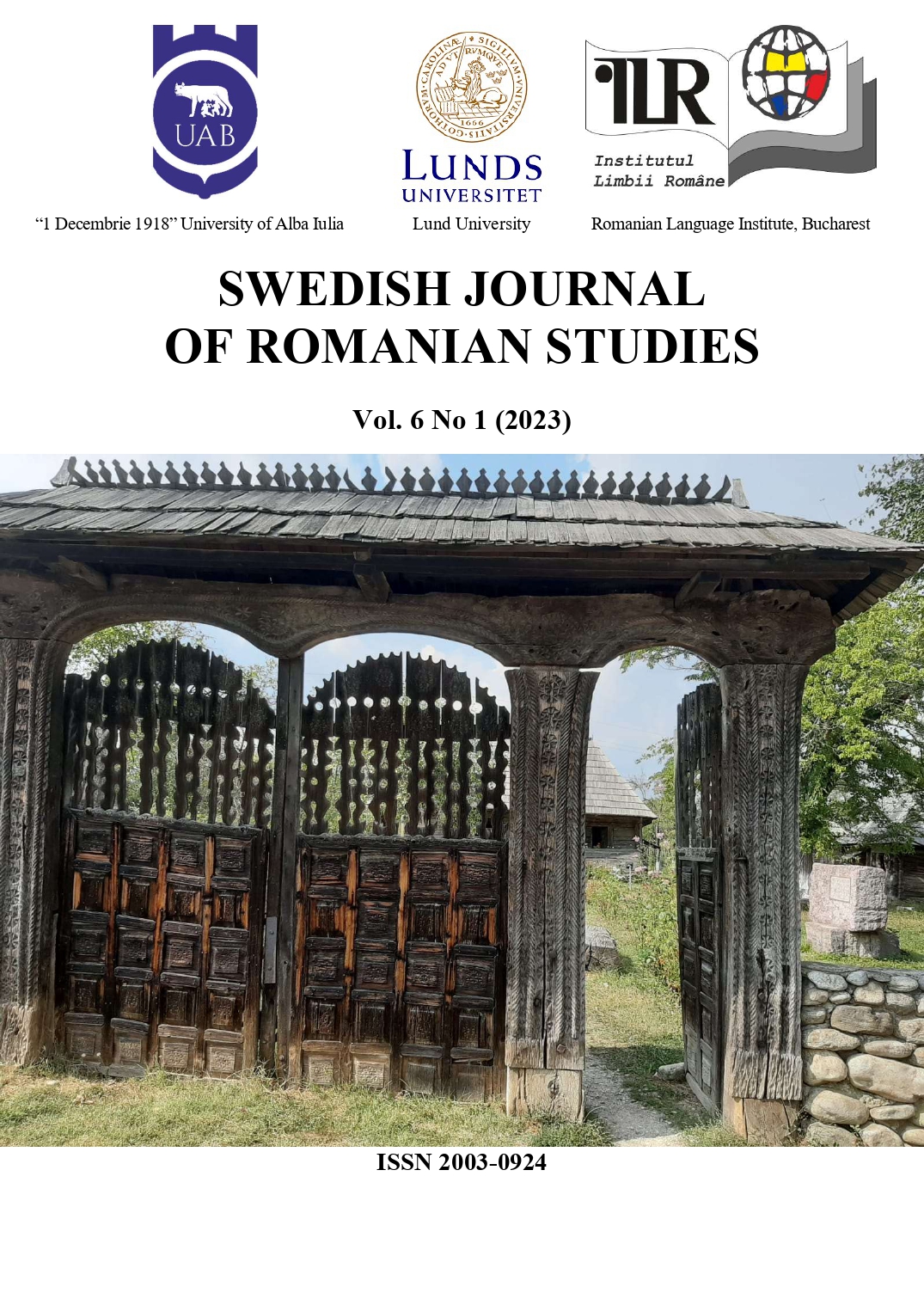
Within the framework of the Seminar ”Romanian Exile and Migration: Cultural Representations in Europe”, the aim of this work is to illustrate, through the diaries of Mircea Eliade, the reasons and circumstances in which the Romanian writer and historian of religions leaves his country, the different stages and destinations of his exile, the literary and scientific contributions made by him in this context, as well as the reflections that the author makes about his own situation and about this phenomenon.
More...
This study intends to offer a general overview on one of the most far-reaching aspects of an exceptional literary biography: Matei Vişniec’s story (Rădăuţi, Romania, 1956). Our analysis will focus on the transition of an immense literary work, opening with his political exile in the late 80’s and reaching today’s urbane, all-embracing European literature. Matei Vişniec claims the existence of a “joyful exile” as a concept –a cultural one, soothed by many literary references, deep-rooted in his Romanian educational background. After a brief hunt for a host language for his writing in the early 90’s, Vişniec finally chose French, which he defines metaphorically as his mistress-tongue, as opposed to Romanian, his wife-tongue. Each of these languages’ demands determine his pick, depending on the literary genre to address: French –due to its wider circulation and its morphosyntactic concission– was assigned to his narrative work, and to his poetry, Romanian –thanks to its lexical vastness, containing countless synonyms from various origins. We believe it’s interesting to point out self-translation as one of the essential features of a literary biography saddled between two different languages and cultures, which leads Matei Visniec to describe himself as “a man with his roots in Romania and his wings in France” and thus creating the emblematic, allegorical image of a “winged tree”. Translated into more than 25 languages, his work strives for universality and has been recognized for decades, through many valuable prizes, by today's French-speaking culture. From a diachronic perspective, aspiring to establish some of the specific features of a whole creative universe written in a context of exile and migration, this text approaches some significant moments in Matei Vişniec’s literary biography.
More...
One of the less discussed figures of the Romanian exile caused by the fraudulent establishment of communism in Romania is the polygraph Alexandru Busuioceanu, who wrote poetry in three languages, but also art criticism, literary criticism, and history. The present research is interested in the ideational intertwining of Busuioceanu's intellectual life. As regards his poetry, the volume “Poemas patéticos” of 1948 is analyzed in particular. The writer formulated bold hypotheses which he justified with erudite arguments. Busuioceanu's research, like his art, was carried out in several countries, so access to sources and linguistic context was unmediated. The scholarly legacy of Vasile Pârvan, whose disciple Busuioceanu was, proved also important for this work. Has this enormous intellectual cargo and capacity imprinted Busuioceanu´s creativity or did he preserve his pristine imagination and thinking?
More...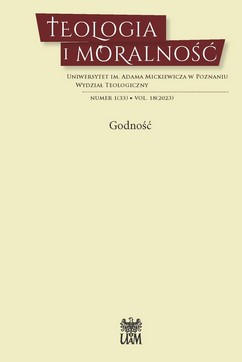
Do tradycji Wydziału Teologicznego Katolickiego Uniwersytetu Lubelskiego Jana Pawła II w Lublinie należy „Tydzień Eklezjologiczny”, który odbył się po raz 54. w dniach 17-19 maja 2022 roku i został zorganizowany przez Koło Naukowe Teologów KUL (dalej: KUL KNT) pod hasłem „Kościół Świętych”. Sympozjum rozpoczęło się uroczystą Eucharystią pod przewodnictwem Ks. Abp. Stanisława Budzika Metropolity Lubelskiego i Wielkiego Kanclerza KUL. Ksiądz Arcybiskup podkreślił w homilii, że Chrystus jest źródłem i dawcą wszelkiej świętości, oraz wskazał, iż Kościół ukazuje powołanie do świętości jako powszechną drogę, i zaprosił, aby wołać o świętych i nimi się stawać przez bliskość z Chrystusem i Jego Kościołem.
More...